Humans
Sign up for our newsletter
We summarize the week's scientific breakthroughs every Thursday.
-
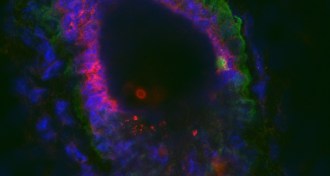 Health & Medicine
Health & MedicineNanoparticle injection blocks breast cancer growth in mice
A nanoparticle-based therapy delivered directly to the mammary ducts could potentially stop pre-cancerous cells from becoming full-blown breast cancer, scientists say.
-
 Health & Medicine
Health & MedicineDistractions raise crash risk for newly licensed drivers
The risk of a crash or near-crash for newly licensed drivers is tripled or greater when they are eating, texting or rubbernecking, researchers report.
-
 Health & Medicine
Health & MedicineVitamin E might limit Alzheimer’s decline
A trial of vitamin E in elderly veterans with Alzheimer’s shows promise for those in the early stages of the disease.
By Nathan Seppa -
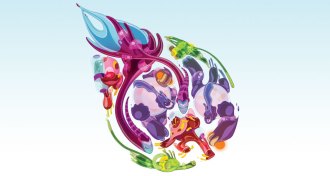 Humans
HumansMother lode
Certain sugar molecules in human breast milk do more to foster beneficial microbes, and banish harmful ones, than they do to nourish newborns.
-
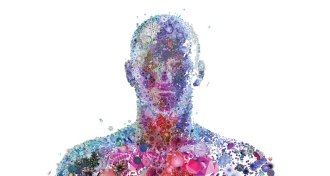 Microbes
MicrobesThe vast virome
When it comes to the microbiome, bacteria get all the press. But virologists are starting to realize that their subjects also do a lot more than make people sick.
-
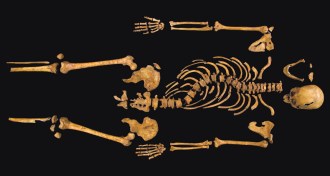
-

-
 Psychology
PsychologyYear in Review: DSM-5’s controversial debut
The diagnostic manual updates disorder criteria.
By Bruce Bower -
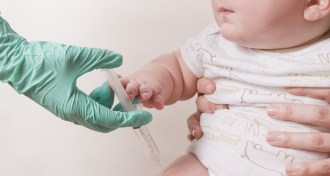 Health & Medicine
Health & MedicineYear in Review: Putting kids at risk
U.S. parents increasingly are delaying their children’s vaccination.
By Nathan Seppa -
 Neuroscience
NeuroscienceBad memories fade with a short jolt
Research illustrates the vulnerability of the brain’s information storage.
-
 Humans
HumansNuts in pregnancy may decrease allergy risk in kids
The result runs counter to past studies.
By Nathan Seppa -
 Humans
HumansYear in Review: Language learning starts before birth
Babies seem familiar with vowels and words heard while in the womb.